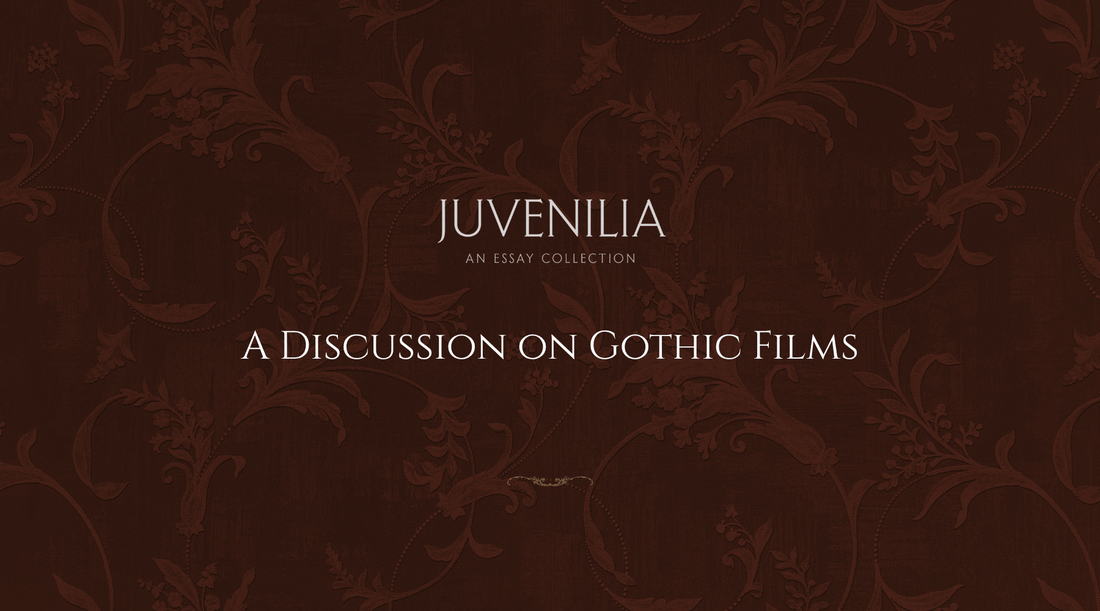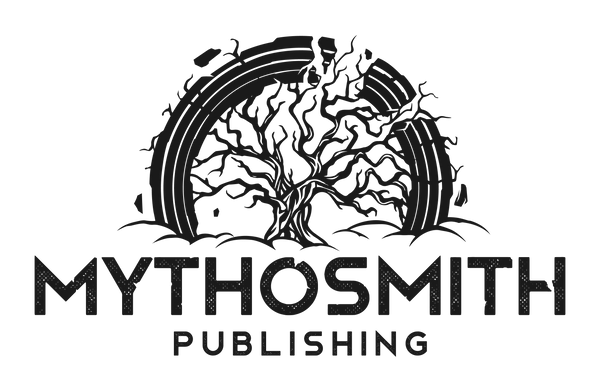
A Discussion on Gothic Films
What's in the Box?!?!?!
I watched Silence of the Lambs for the first time, so I will speak a little bit about that, but Se7en is one of my favourite films of all time so I want to talk about that one predominantly. Silence of the Lambs I found creepy, but not gothic. I think there has to be more than feeling unsettled to make something gothic, and to me, a defining feature is the setting.
It could be argued through a modern view that a penitentiary is as gothic as it can get in the modern world, what with the parallel of trap doors, mazes, darkness, restriction of rights, the subterranean feel etc. but I don't know, to me when I look at the film, it does not scream gothic to me. I totally see how it hits the marks for a gothic checklist, but it doesn't feel gothic to me. That's probably just a me problem though. I feel like gothic has to have a throwback feel, a feeling of nostalgia, archaic yearning. I find The Secret History more gothic than Silence of the Lambs.
What I will say for the film, however, is the fact that it is filmed with the actors looking straight into the camera, which is typically avoided in film because it feels strange to make eye contact with the characters. In this context, the movie has very little to do with imagination and everything to do with where the camera focuses. You are told exactly what to focus on, which is a different experience from gothic fiction, which is what is perhaps contributing to my disconnect.
As for Se7en, I see it almost in a similar way as The Monk. From the get-go, you get the sense that this city is way more violent than the average city. It is posed almost like Gotham from DC comics, which even the name gives a gothic vibe. Using religion as a backdrop and a gothic, corrupt city, it is very easy to see all the themes of gothic within the film.
Mystery and suspense? Check. An ancient prophecy? Not quite, but there is a murder mystery fuelled around the seven sins, which is prophetic in itself because you can very easily see the intentions of the tyrannical male through biblical means. Omens/portents/visions? Again, not quite, but there is a shot of Paltrow with just her head on screen which is kind of visual foreshadowing (Her head is in a box on the screen, at least visually. Really epic, subtle foreshadowing. Very well done.)
Supernatural/inexplicable events? Yes, using religion as mythology and as a guide for the crimes themselves. Jon Doe says he's doing "God's work" which is an elevation from the normal world, claiming to be led by higher powers and such. Sublime? "What's in the box?" plus the confession of the man who did the work for the Lust crime. Double yes. Problematic sexuality? Check check CHECK. Women threatened by tyrannical male? Check. Metonymy? Check. Even the train shaking the house is doing the work. Milton is frequently referenced, and the darker side of human nature is absolutely a main theme of this movie. Lost connections? Check unfortunately for Mills finding out the sad sad news after the fact. Murder, music, set piece, horror, stress, constraint, symbolic architecture, anti-Catholicism? CHECK.
Love this movie so much and was so glad for an excuse to watch it again. The heroic male figure in gothic novels always face tragedy, heartbreak, loss etc. and I see this as a parallel to The Monk in many ways (one of the reasons I don't see The Italian as gothic due to the contrived happy ending but I digress).
John Doe = Ambrosio
Tracy = Antonia
Mills = Lorenzo.
We have a religious man gone astray who thinks he is still doing God's work, we have a damsel who is terrorized and murdered by said religious man, and we have a grieving hero who was too late to stop it and a scene where he is holding her remains. Tracy's character being pregnant also sort of calls in a parallel with Agnes and her dead child too, if she had not made it out of the basement alive, that is.

